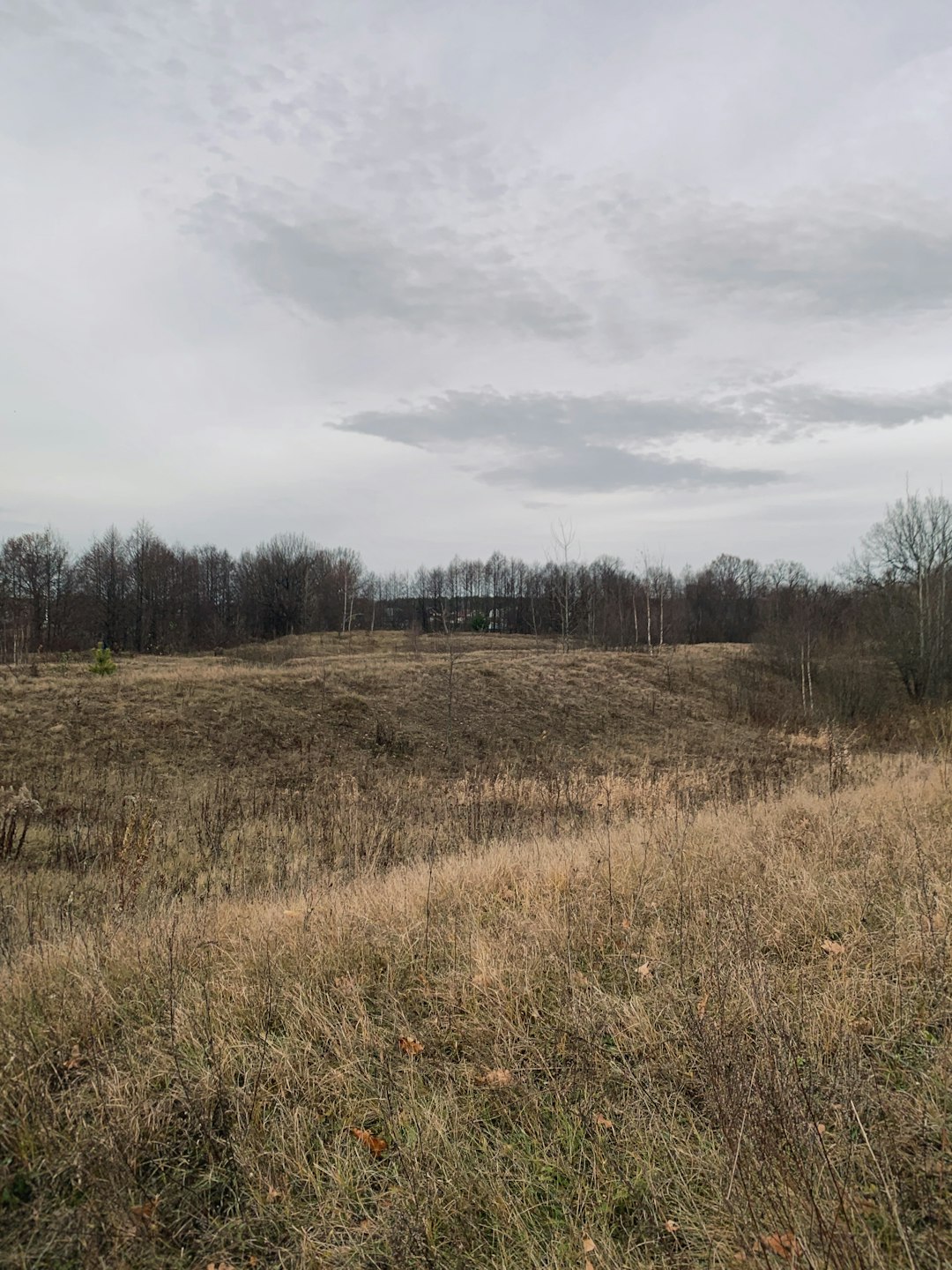
When it comes to purchasing land directly from an owner, the potential benefits are numerous. For one, the potential for negotation directly with the seller can result in a price more palatable to both parties, free from the fees typically associaetd with agents and brokers. This streamlined communication allows for a more transparent conversation about the property's history, nuances, and potential, fostering a more personable transaction environment.
Another advantage is the possibility for more flexible arrangements tailored to both buyer and seller. Creative financing options, such as owner financing, might be on the table, which can benefit those who may not have traditional lending options at their disposal. Furthermore, the pace of the sale can often be adjusted to suit the timelines of both involved parties, without pressure from external agents keen on closing deals and collecting commissions.
Importantly, remember that while these perks can be enticing, they come with the responsibility of ensuring you’re fully informed and prepared. This means engaging in thorugh research, utilizing professionals where necessary, and keeping a critical eye on the details of your impending land purchase.
Before you lay pen to papaer and funds to transfer, a multitude of checkpoints need your attention. The most fundemental step is assessing your finances meticulously, ensuring you have a solid plan for the purchase cost, as well as additional expenses such as surveying, permitting, and development.
Secondly, always conduct a thorough land survey. This will demystify the actual boundaries of the property, uncovering any discrepancies that might exist between what's been advertised and what's realistically on offer. It's surprising how often assumed boundaries differ from legal ones.
Equally, it is crucial to investigate the accessibility of utilities. If the land does not have access to essential services like water, electricity, or sewer systems, you'll need to know the feasibility and cost of providing them. These details not only affect your quality of life but can also significantly impact your budget and development plans.

Title: How to Transform Your Washington Property into Instant Cash: The Secret Landowners Are Using Owning land in the Evergreen State is a dream for many, with its sprawling landscapes and stunning natural beauty.. However, beyond the aesthetic appeal, your property holds untapped potential that could translate into significant financial gain.
Posted by on 2024-09-30

Selling land quickly for cash in Washington can be a streamlined and rewarding process, but it requires careful planning and execution.. Whether you're motivated by financial necessity, an upcoming move, or simply the desire to offload an underused asset, selling land can offer the liquidity you need while potentially providing a substantial return on investment.
Posted by on 2024-09-30

When it comes to selling land in Washington for cash, the process can seem daunting.. However, with the right approach and strategy, you can expedite the sale while ensuring you get a fair price.
Posted by on 2024-09-30

Selling land in Washington for top dollar, and doing so swiftly, is a goal many landowners aspire to achieve.. Whether it’s a sprawling acreage or a cozy plot, maximizing the return on this valuable asset requires a blend of strategy, market understanding, and sometimes, a dash of creativity.
Posted by on 2024-09-30

Evaluation of the land is more than just falling in love with a vista; it's about grounding your emotions in the bedrock of practicality. Visiting the property in various weather conditions, for instance, can reveal issues such as poor drainage or the likelihood of flooding—elements that could deterioriate the dream quickly.
Always investigate the property's topography and soil quality, especially if you have aspirations for agriculture or construction. The lay of the land can greatly influence building costs, while the soil composition can affect everything from foundation requirements to potential agricultural use.
Don't hesitate to engage with local government officials either, as they can provide insights into future area development plans which could affect your intended use of the land. Everything from a new highway to a shopping center can drastically alter the character and worth of your investment, so staying informed is paramount.
Making an offer on a piece of land is a ballet of sorts, balancing assertiveness with respect for the seller’s position. Initial offrs should be based on firm analysis of the property's value, considering comparables, and the aforementioned evaluation factors. Remember, starting too low can alienate the seller, while going too high might harm your pocketbook.
Negotiations should be conducted with professionalism and clarity. Clearly communicating the rationale behind your offer helps establish trust and rapport, which can facilitate smoother negotiations. Furthermore, be prepared to counteroffer, as this is an expected dance step in the process of real estate negotiations.
Also of great importance is ensuring that all offers and communications are documented. This chronological trail provides clarity and legal backing should discrepancies or disputes arise later in the process.


Financing land purchases can be a different ball game compared to traditional home mortgages. Banks and lenders may be more hesitant due to the lack of collateral, which is usually a built home. Inquire about land loans, which are specifically designed for raw land purchases but expect higher interest rates and down payment requirements.
Another route to consider is owner financing, which can be advantageous if both parties are willing and able to orchestrate such an arrangement. Terms can be customized, but it’s crucial that agreements are legally structured and recorded to safeguard both parties' interests.
Don't neglect to explore local credit unions and agricultural lenders as well. These institutions often have a keener understanding of the value and potential of local land and may offer more flexible terms than national lenders.
Closing the deal on a land purchase requires attention to detail and strict adherence to protocol. Hire a real estate attorney to guide you through the closing process; they can ensure that all the paperwork, from the sales contract to title documents, is in order and legally sound. Having an escrow agent manage the transfer of funds adds a layer of security and transparency, protecting both buyer and seller.
Before you sign the dotted line, ensure all contingencies stated in the contract have been met and satisfied. This may include finalizing financial arrangements, completing surveys and inspections, and verifying that no last-minute legal impediments have surfaced.
Once all the closing documents have been duly executed, it’s time for the final act of transferring funds and recording the deed. Recording the deed with the county ensures the property is legally yours and protects your claim against any future disputes.

The journey doesn’t end when the deal is closed. Managing your new land is an ongoing responsibility that encompasses careful planning of its use, maintenance, and keeping up with tax and regulatory obligations. It may be helpful to develop a comprehensive land management plan, focusing on long-term goals such as conservation, development, or leasing for agriculture or hunting.
Keeping a pulse on local land values and economic developments can also be critical, as these factors could affect your land’s future value and opportunities. Additionally, integrating yourself within the community could unearth insights and alliances that may prove beneficial down the road.
Lastly, never stop learning. Staying updated on local zoning changes, environmental regulations, and market trends will help you utilze your land to its fullest potential, ensuring that your investment today blossoms into the legacy of tomorrow.
In conclusion, purchasing land for sale by owner in Washington State is an intricate tapestry of opportunity, challenge, and reward. By being informed, proactive, and attentive to the myriad of details in each phase, you can carve your own slice of heaven in the Pacific Northwest. With patience, due diligence, and a strategic approach, the dream of land ownership in the Evergreen State can be yours. May your land-buying journey be as rich in learning as it is in eventual reward.

You may incur costs such as closing fees, title insurance premiums, taxes on capital gains (if applicable), and possible attorney fees if you choose legal assistance.
Be prepared to negotiate terms like price and closing date. It may be helpful to set a minimum acceptable price beforehand. Consider hiring an attorney if needed.
The timeline varies based on market conditions but generally ranges from several weeks to a few months once an offer is accepted and due diligence is completed.
Create compelling listings with detailed descriptions and quality photos. Highlight unique features and promote through multiple channels including social media.
A real estate agent can help navigate the process but is not required. Selling directly can save on commissions but may require more effort on your part.